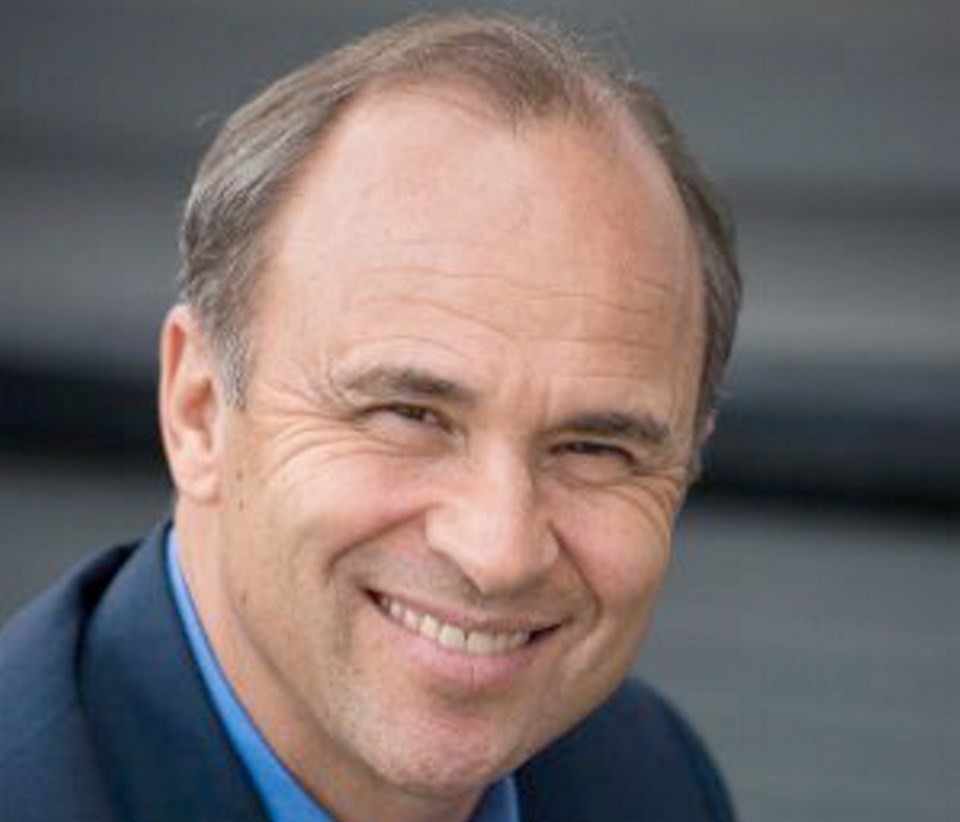The race to lead the B.C. Conservative Party is expected to begin within days, as candidates seek to revitalize the beleaguered political party after a disappointing election performance.
There’s at least two “for sure” leadership candidates “and a couple of others hemming and hawing about it,” said party president Dan Denis.
“I’m looking forward to a lot of commotion, which I think is going to be wonderful,” he said of the leadership race.
John Cummins resigned as leader in July after the party, beset by infighting and defections, finished fourth in the May 14 provincial election with 4.8 per cent of the popular vote.
It was a disastrous result for a Conservative movement that, just months earlier, had been seen as likely to pull voters away from the B.C. Liberal Party. Instead, the Liberals swept back to power with an even larger majority, on a campaign focused on jobs, natural resource development and debt repayment.
Those looking to pick up the pieces say there is still hope for the B.C. Conservatives.
Rick Peterson, a Vancouver venture capital financier and former B.C. Liberal Party organizer and fundraiser, said he is seriously considering running for leader.
“I’m looking at it, and we’ll have a decision after the Labour Day weekend,” he said.
Others are expected to come forward in September as well, to rally support and schedule speeches at the party’s Oct. 19 annual general meeting. The candidate cutoff and $20,000 deposit deadline is Feb. 10. The leadership convention is set for April 12, 2014.
Peterson said many of the “10-second Liberals” who held their noses on election day can be Conservative supporters again.
“In B.C., there’s a strong current of conservatism that hasn’t been tapped,” he said.
“It’s a small-c fiscal conservative that is blended with social responsibility and the whole composite of what it means to be a conservative today.”
The Liberals are only doing “lip service” to the ideas of controlling spending, balancing the budget, reducing debt, lowering government user fees and promoting sustainable economic development, he said.
Peterson said he is particularly concerned about B.C.’s high child poverty rate, which must be addressed.
Others agree. Political pundit Alise Mills, who has advocated for the Liberals in the past, said she’s now working to help the Conservatives.
Mills said many federal Conservatives jumped to the help the Liberals in the election, but ultimately don’t see their values reflected by Premier Christy Clark.
“I woke up and realized I’m always going to be a fiscal conservative,” she said.
“After I came down from the high of the election, I saw indications that led me to believe there was going to be fiscal irresponsibility and not a lot of solutions to the problems.”
She said she couldn’t defend the Liberal budget and wanted to instead focus on building a party more reflective of her values.
That includes mirroring the federal Conservatives’ social tolerance, allowing for religious beliefs but not forcing them on the population, and promoting organizations such as the Office of Religious Freedoms and same-sex rights in Russia, she said.
“Religion has no place in politics,” Mills said. “If you want to worship take it to your church or synagogue.”
Many are watching to see whether the B.C. Conservative leadership race will reopen the infighting that hobbled the party under Cummins.
“The window of opportunity seemed to be wide open in 2012, and they quickly, in large part, closed it on themselves with their infighting,” said veteran political scientist Norman Ruff.
A Peterson leadership campaign would give the party credibility, though success also depends on whether premier Clark’s team fumbles its stance on financial discipline, Ruff said.
“If [the Liberals] are going to see a balanced budget as a policy objective, rather than a means to something else, then they aren’t going to concede much ground to the possibility of a fiscally-responsible party to the right.”



